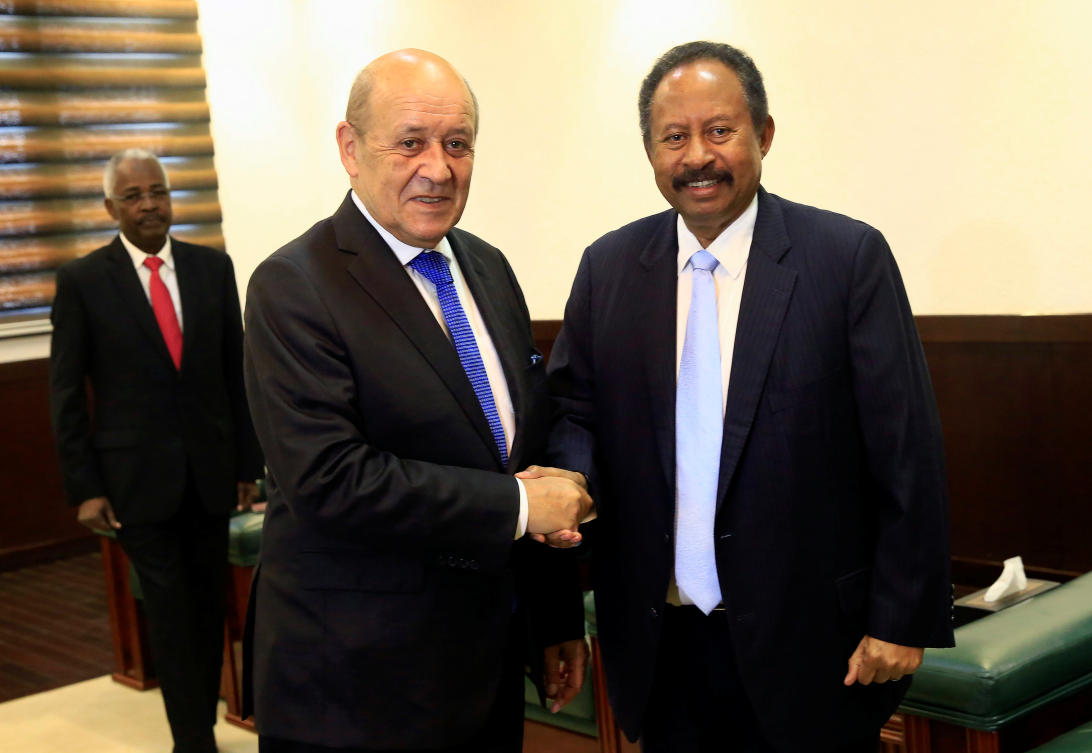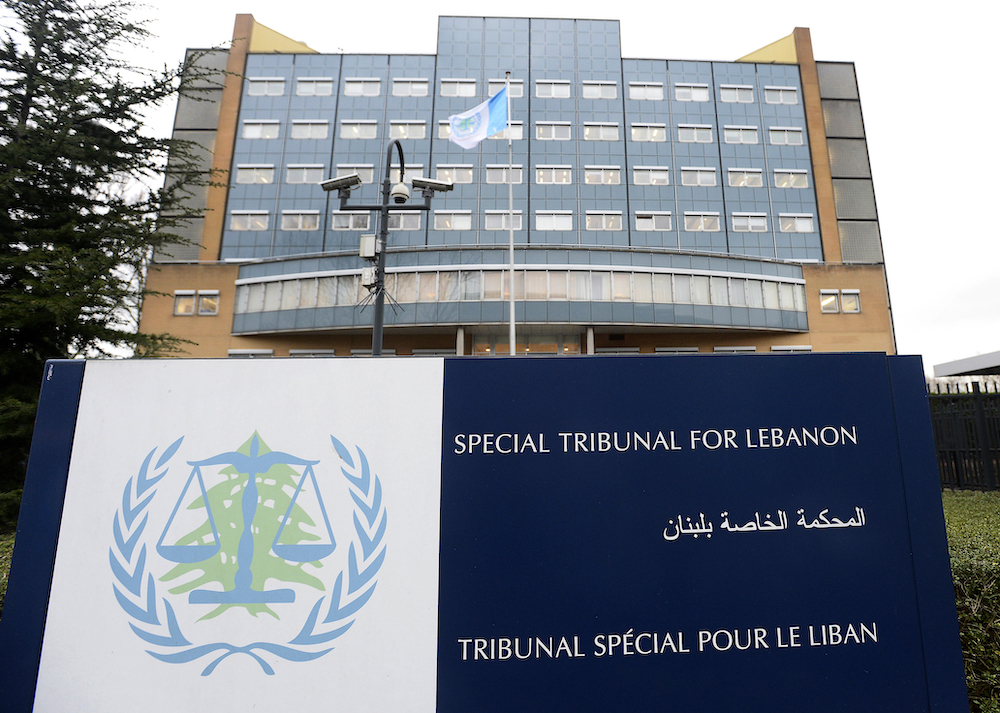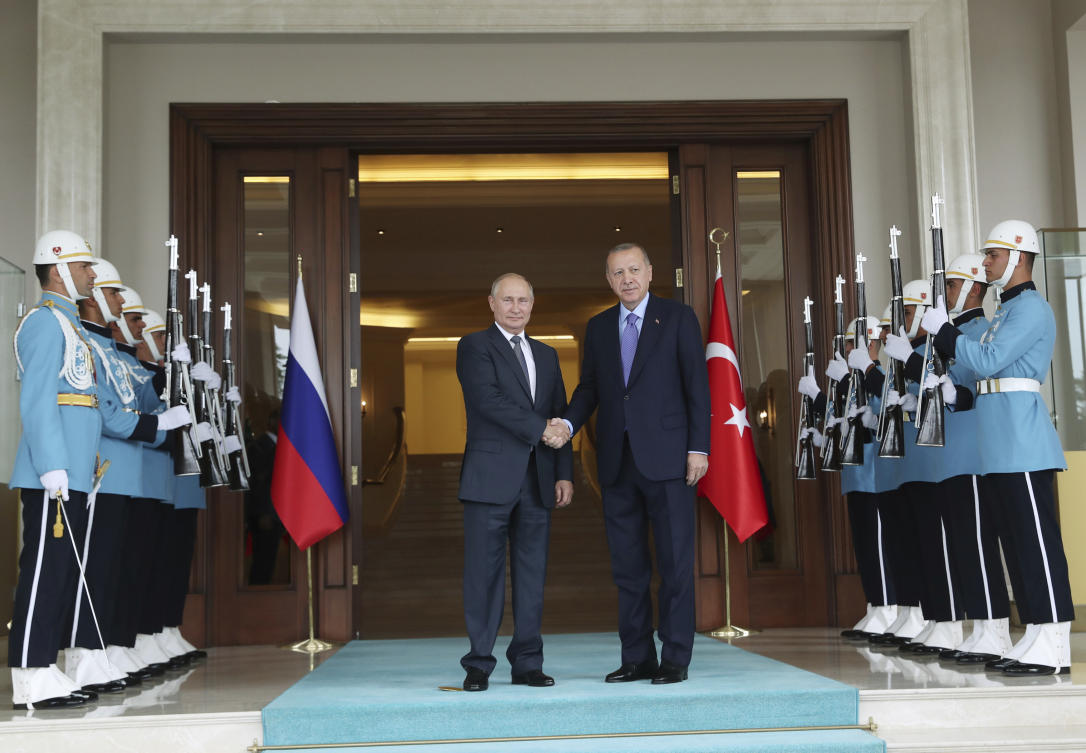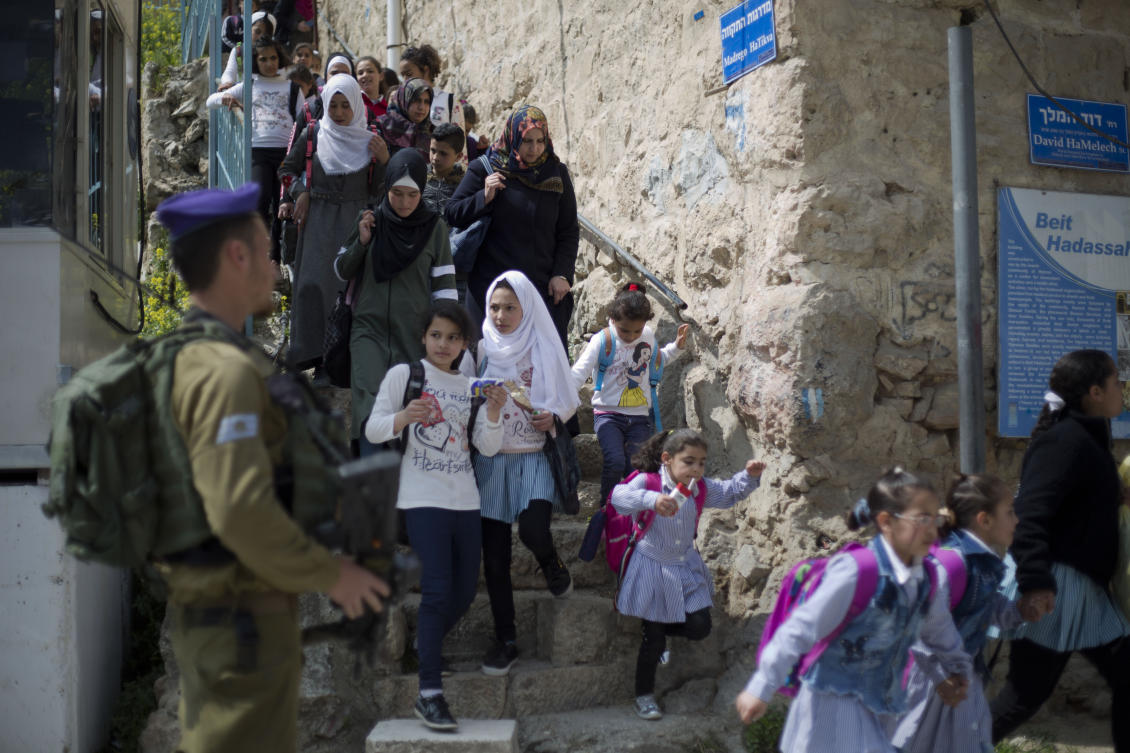Outsider leads after divisive Tunisia presidential poll
TUNIS: Political outsider Kais Saied was leading Tunisia’s election with just over a quarter of votes counted, the election commission said Monday, in the country’s second free presidential vote since the Arab Spring.
Saied was on 19 percent, leading imprisoned media magnate Nabil Karoui, who was on 14.9 percent, and ahead of the candidate from the Islamist-inspired Ennahdha party Abdelfattah Mourou (13.1 percent).
The announcement came after both Saied and Karoui’s camp claimed to have won through to the second round, in the highly divisive polls.
Local papers splashed photos across their front pages of law professor Saied and magnate Karoui, after exit polls showed they had qualified for the second round of voting.
“An unexpected verdict,” ran a headline in La Presse.
Le Temps titled its editorial “The Slap,” while the Arabic language Echourouk newspaper highlighted a “political earthquake” and a “tsunami” in the Maghreb.
The initial signs point toward a major upset for Tunisia’s political establishment, in place since the 2011 uprising that ousted dictator Zine El Abidine Ben Ali.
It could also usher in a period of immense uncertainty for the fledgling north African democracy, the sole success story of the Arab Spring revolts.
Tunisia’s electoral commission (ISIE) reported low turnout at 45 percent, down from 64 percent in the country’s first democratic polls in 2014.
Late Sunday, Prime Minister Youssef Chahed called on the liberal and centrist camps to band together for legislative elections set for October 6, voicing concern that low participation was “bad for the democratic transition.”
Chahed, a presidential hopeful whose popularity has been tarnished by a sluggish economy and the rising cost of living, could well turn out to be the election’s biggest loser.
The election comes against a backdrop of serious social and economic crises.
Karoui, a 56-year-old media magnate, has been behind bars since August 23 on charges of money laundering and Tunisia’s judiciary has refused his release three times.
A controversial businessman, labelled a “populist” by critics, Karoui built his appeal by using his Nessma television channel to launch charity campaigns, handing out food aid to some of the country’s poorest.
His apparent rival is political neophyte Saied.
The highly conservative constitutionalist, known to Tunisians for his televised political commentary since the 2011 revolt, has shunned political parties and mass rallies. Instead, he has opted to go door-to-door to explain his policies.
He advocates a rigorous overhaul of the constitution and voting system, to decentralize power “so that the will of the people penetrates into central government and puts an end to corruption.”
Often surrounded by young acolytes, he also set forth his social conservatism, defending the death penalty, criminalization of homosexuality and a sexual assault law that punishes unmarried couples who engage in public displays of affection.
“It’s going to be new,” said a baker named Said on Monday, issuing a wry smile.
“We’ll have to wait and see. Anyway, what matters in Tunisia is the parliament.”
The first round was marked by high rates of apathy among young voters, pushing ISIE head to put out an emergency call to them Sunday an hour before polls closed.
On Sunday morning, senior citizen Adil Toumi had asked as he voted in the capital “where are the young people?“
Political scientist Hamza Meddeb told AFP “this is a sign of very deep discontent with the political class that has not met economic and social expectations,“
“Disgust with the political elite seems to have resulted in a vote for outsiders.”
Distrust of the political establishment runs high in Tunisia, where unemployment is at 15 percent and the cost of living has risen by close to a third since 2016.
Extremist attacks have exacted a heavy toll on the key tourism sector.
Around 70,000 security forces were mobilized for the polls.
The date of a second and final round between the top two candidates has not been announced, but it must be held by October 23 at the latest and may even take place on the same day as legislative polls, October 6.
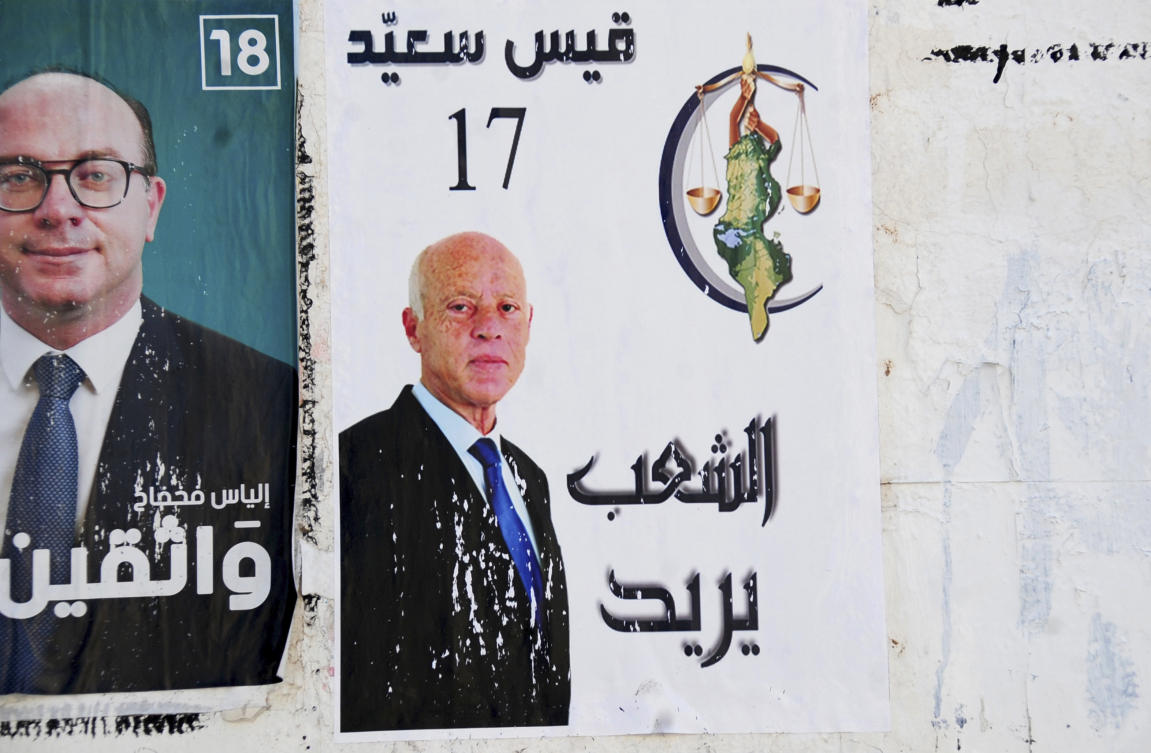
Tunisia sees 26 candidates for presidential poll on Sunday
